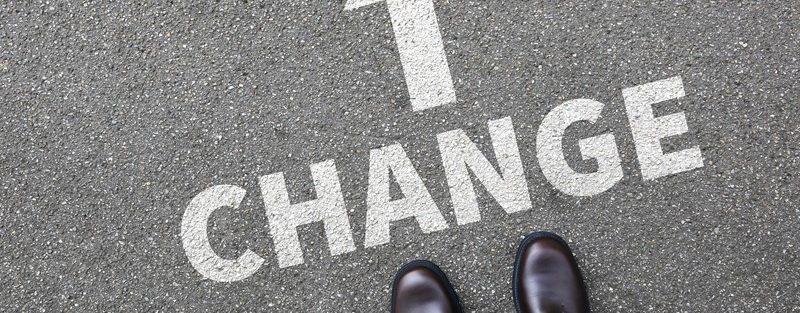
The £100,000 threshold for Self-Assessment change for taxpayers taxed through PAYE only, increased from £100,000 to £150,000 with effect from 6 April 2023. However, the Self-Assessment for 2022-23 tax returns remains at £100,000.
Taxpayers who submit a Self-Assessment tax return for 2022-23 showing income between £100,000 and £150,000 taxed through PAYE and do not meet any of the other criteria for submitting a Self-Assessment return will be sent an exit letter by HMRC. This will remove the requirement for an annual Self-Assessment tax return to be submitted by qualifying taxpayers.
For the 2023-24 tax year onward, taxpayers will still need to submit a Self-Assessment tax return if their income taxed through PAYE is below £150,000 but they meet one of the other criteria for submitting a Self-Assessment return, for example:
- receipt of any untaxed income;
- partner in a business partnership;
- liability to the High Income Child Benefit Charge; or
- self-employed individual and with gross income of over £1,000.
Issue 108 of Agent Update
Published 24 May 2023
Extract: Self Assessment threshold change
From tax year 2023 to 2024 onwards, the Self Assessment threshold for customers taxed through PAYE only, will change from £100,000 to £150,000.
Affected customers do not need to do anything now as the Self Assessment threshold for 2022 to 2023 tax returns remains at £100,000. They will receive a Self Assessment exit letter if they submit a 2022 to 2023 return showing income between £100,000 and £150,000 taxed through PAYE and they do not meet any of the other criteria for submitting a Self Assessment return.
For the 2023 to 2024 tax year onward customers will still need to submit a tax return if their income taxed through PAYE is below £150,000 but they meet one of the other criteria for submitting a Self Assessment return, such as:
- receipt of any untaxed income
- partner in a business partnership
- liability to the High Income Child Benefit Charge
- self-employed individual and with gross income of over £1,000



